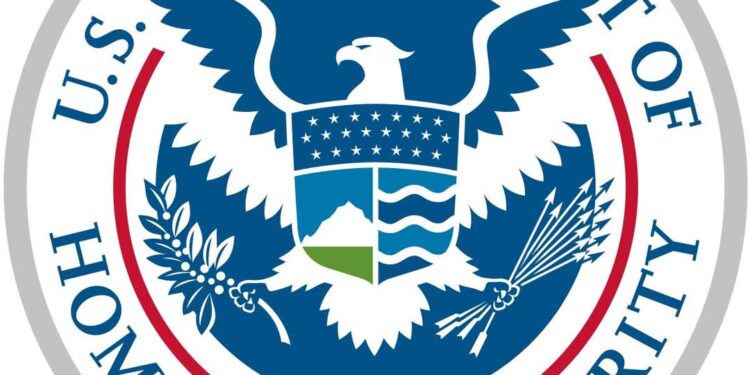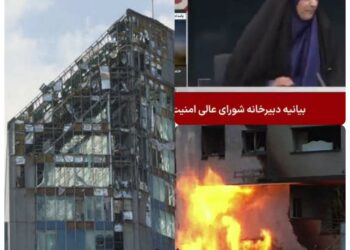By The Politics Correspondent, The Merit Newspaper
The United States government has escalated its immigration enforcement efforts, sparking widespread debate and resistance from communities and local authorities. From sweeping policy changes to high-profile raids, the crackdown has become a defining feature of President Donald Trump’s administration.
Policy and Executive Orders
In a controversial move, President Trump recently signed an executive order aiming to end birthright citizenship. If implemented, the order would prevent children born in the U.S. to undocumented immigrants from automatically becoming citizens. This policy has drawn sharp criticism from civil rights groups, who argue that it violates constitutional protections.
Additionally, the deployment of 1,500 extra troops to the U.S.-Mexico border has heightened border security. The administration also lifted restrictions on immigration enforcement in sensitive locations such as schools, churches, and hospitals, a decision that has alarmed community leaders and activists.
Legislative Action
Congress recently passed the Laken Riley Act, a bill designed to ease the detention and deportation of undocumented immigrants suspected of minor offenses. The act, which received bipartisan support in the House of Representatives, is now awaiting Senate approval. Critics claim the legislation could lead to increased profiling and abuse of power by law enforcement.
Enforcement Operations
The crackdown has seen a rise in aggressive enforcement actions. In Newark, New Jersey, Immigration and Customs Enforcement (ICE) agents conducted a worksite raid, detaining both undocumented immigrants and U.S. citizens, including a military veteran. The mayor of Newark has criticized the operation, alleging violations of civil rights and due process.
The administration has also announced plans to deport millions of undocumented immigrants. However, this ambitious initiative faces logistical challenges due to the limited capacity of detention facilities.
Community and Legal Pushback
Resistance to the crackdown has been strong in sanctuary cities, where local officials refuse to cooperate with federal immigration authorities. In response, the Department of Justice has threatened legal action against these cities.
Faith leaders have also expressed concern over the decision to allow immigration enforcement in religious spaces. Many churches and other places of worship are now exploring ways to provide sanctuary to undocumented migrants, despite the legal risks involved.
Future Implications
The intensified immigration crackdown continues to divide the nation. While the administration argues that these measures are necessary to secure the country, critics highlight the human cost and legal controversies surrounding the policies.
As the debate rages on, The Merit Newspaper will continue to monitor and report on these developments, providing updates on the impact of these measures on individuals, families, and communities across the United States.
















